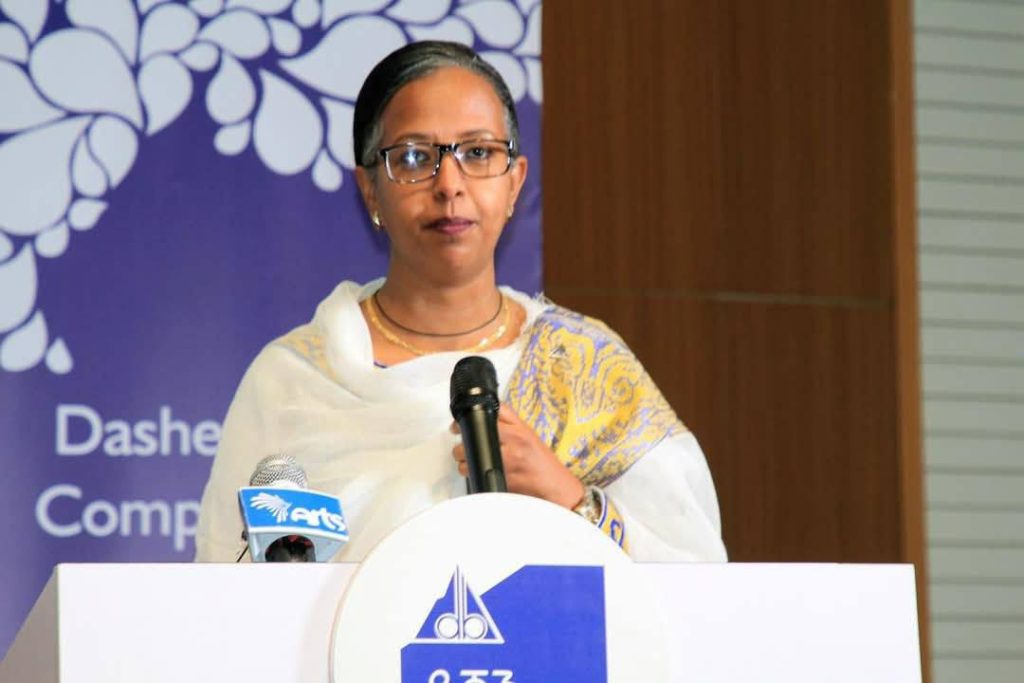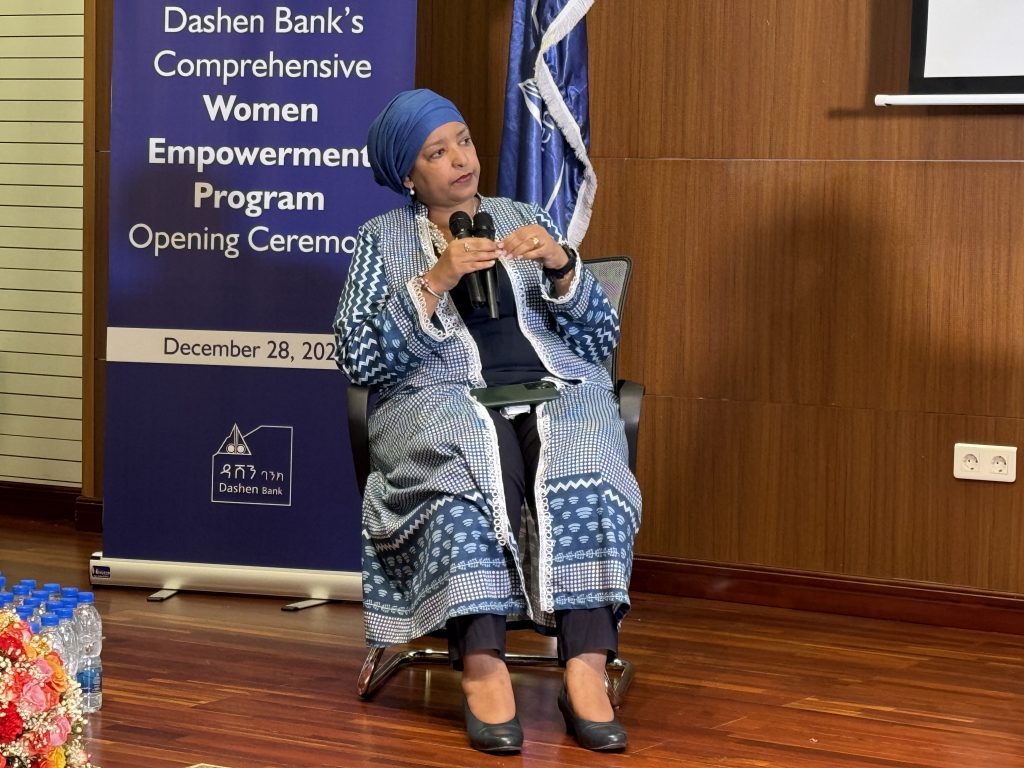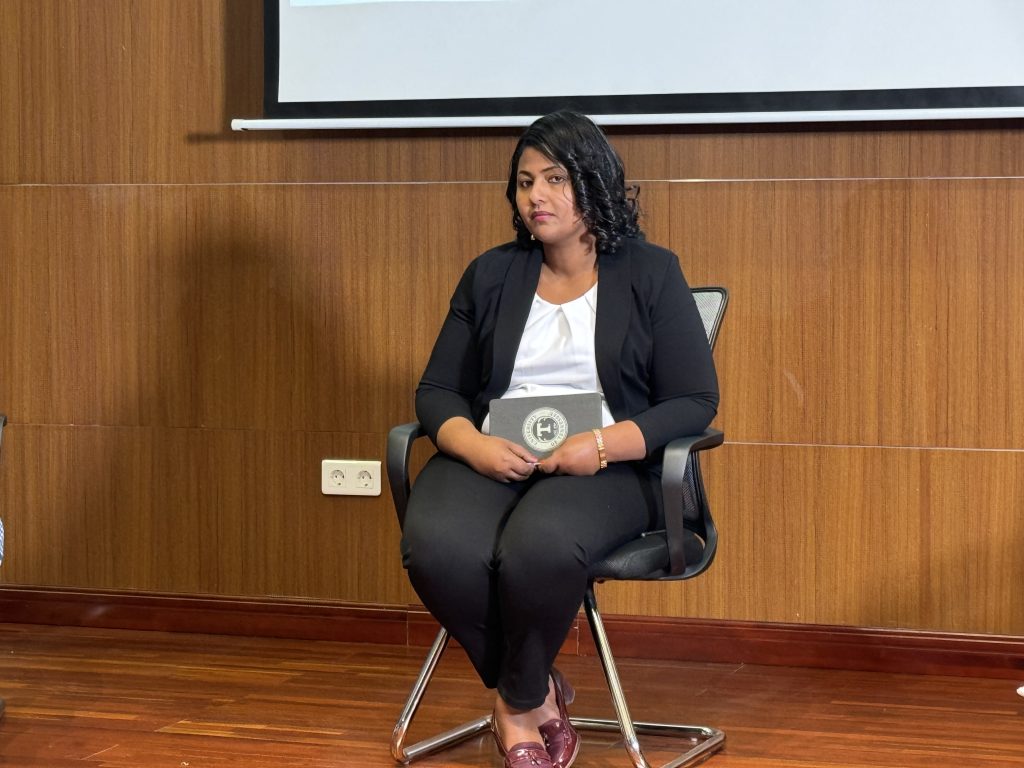At its headquarter, Dashen Bank began a comprehensive campaign to empower women yesterday. The initiative has three objectives: Increasing women’s employment and access to corporate leadership; expanding financial and non-financial services for women and women-owned small businesses; and expanding access to markets and productive assets for women-led businesses in key sectors such as agribusiness, digital services, and manufacturing. The CEO of the bank, Asfaw Alemu, claims that women’s important behind-the-scenes contributions are not sufficiently acknowledged. Recognising this inequality and the contributions women can make to its success, it has sought to uplift women since its inception by giving them authority and decision-making power.

“Dashen will collaborate with Ethiopian companies to improve investment in women as employees and leaders in order to accomplish these aims and raise the proportion of women on boards and in leadership roles. It marks a pivotal moment in the bank’s commitment to diversity and inclusion, values that are not just words on paper but are deeply embedded in our corporate culture,” he continued. “The program will also collaborate with partners in the public and private sectors to develop financial and non-financial products aimed at women in business and to encourage initiatives that increase sourcing from women entrepreneurs.”

He added that the Program demonstrates the bank’s conviction that empowering women is not only a business benefit that helps us achieve sustainable growth, but also a moral obligation.

“The program’s primary objective is to empower women holistically so they can seize leadership opportunities and create a strong pipeline of female candidates for future leadership roles in the bank, according to Chief People Officer Hiwote Kefelegn. Despite the modest scale of our program’s launch, she stated that “our goal is to gradually increase capacity so that as we gain knowledge from this first phase, we can reach a larger group of employees.”
She emphasised the role that women play in Ethiopia’s economic growth. She encouraged women to recognise their invaluable contributions and to advocate for themselves in both personal and professional settings. As she said, “It is crucial for women to recognise the value they bring to the table and to be vocal about their accomplishments.” She also praised Dashen Bank’s commitment to empowering women through the Initiative. Three panellists were given the chance to talk about the issues, opportunities, and solutions surrounding Ethiopian women’s empowerment.
Reducing the burden on women in their homes and giving them the financial resources to support their families are critical, according to panellist Hikmet Abdella, the former Director General of the Accounting and Auditing Board of Ethiopia and Chief Executive Officer of FSD Ethiopia.

“If a paradigm shift is to occur, we need to figure out how to get past some of the barriers that still stand in the way of women participating in the workforce and the economy.One of the most frequently cited explanations is that, in Ethiopian society, women continue to shoulder the majority of caregiving duties. Women are more likely to be the primary carers at home for both young children and the elderly.”
“One of the most important factors that would support Ethiopian women’s empowerment is financial independence, in addition to women having access to education, which is essential for their own and society’s well-being. Women must be economically empowered. As a result, women will have greater freedom and independence. As a consequence, they will have the freedom to select from the range of options that are accessible to them. As a result, women will lead more contented and joyful lives. Once a woman is financially independent and has the autonomy to make her own choices, she can empower her mother, sister, daughter, and other women in the community. As a result, equality will be established and women’s status in society will increase. “Well,” she replied.
The introduction of women-oriented programs is a major factor in women’s empowerment, according to the other panellist, Dr. Saba Yifredew, an assistant professor of economics in the Department of Economics at Addis Ababa University.

“Public attitudes, legislation, and initiatives that promote gender equality and women’s empowerment in a range of fields have significantly changed despite numerous challenges.Additionally, there is an urgent need to change cultural norms and values that discriminate against women through education and mass communication campaigns. These campaigns must convey the potential contribution of women to the overall welfare of their families and society. “I said,” she said.